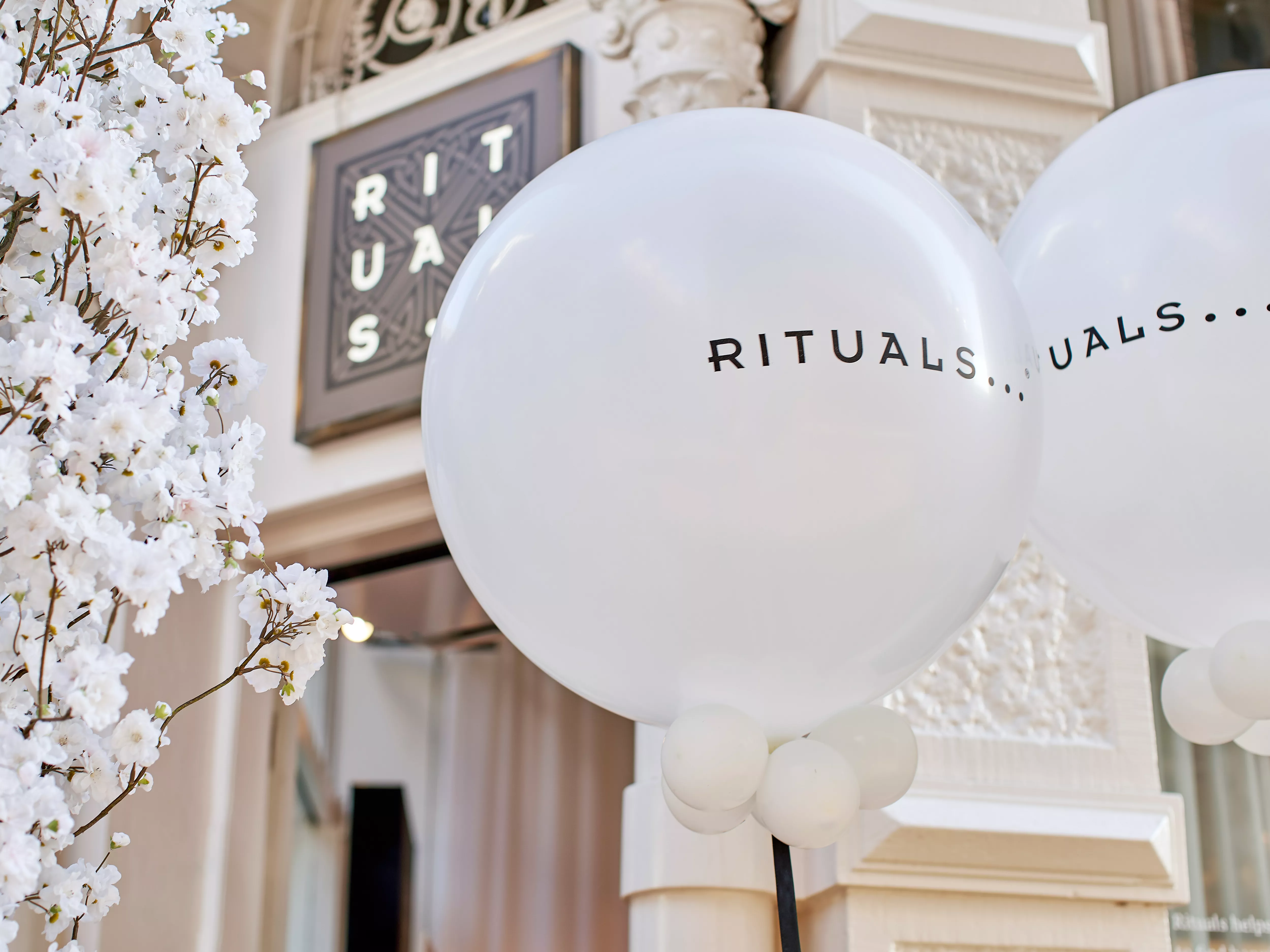Rituals香港網站已於12月5日關閉。歡迎來訪我們的香港專門店。

發現 Rituals 的魔力
造訪Rituals香港專門店
Rituals 是一個奢華的健康品牌,旨在讓您能夠從日常細節中發掘喜悅,讓生活變得更有意義。來訪我們位於香港心臟地帶標誌性的專門店,探索我們備受推崇的身體護理和家居香氛產品。

探索RITUALS香港專門店
在我們的專業顧問指導下,盡情探索我們的沐浴、身體及家居護理產品。
尋找RITUALS香港專門店
常見問題
為什麼我無法登錄我的帳戶?
從2024年12月5日起,我們的網站和在線商店將停止服務。這將使您的帳戶無法訪問。請隨時聯繫我們的客戶服務團隊。我們很樂意幫助您解決任何與訂單相關的問題。請聯繫我們的客戶服務團隊以獲取更多信息。
我該如何退貨?
您可以在收到產品後的90天內退貨。如果您希望退回訂單,請聯繫我們的客戶服務團隊以獲得協助。
我也需要退回我的禮物嗎?
如果您在訂單中收到了一份禮物並且正在進行退單服務,那麼我們希望您也將禮物一併退回。如果您希望保留這個禮物,我們將從應退金額中扣除您禮物的購買金額。
專門店的開放時間?
專門店詳情可在此處找到 。